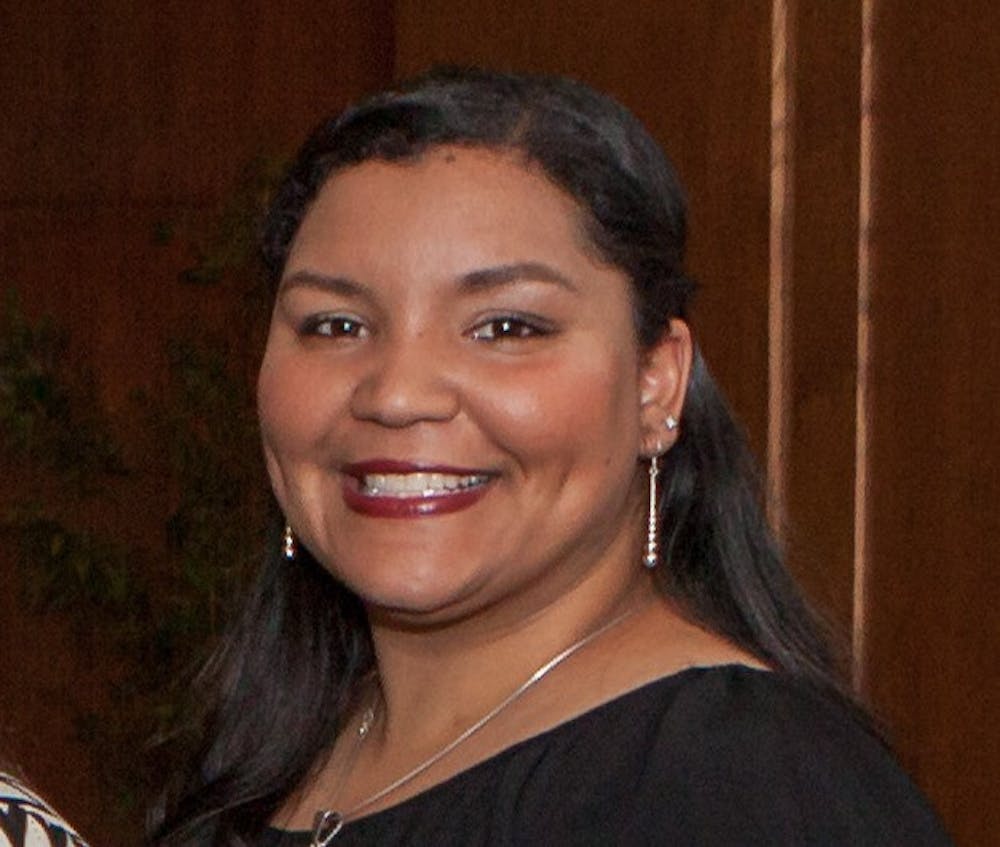UNC American Indian Center faculty member Qua Lynch recently finished her first year working as the Native Student Engagement Coordinator. Staff writer Davis Rhodes talked with Lynch about her position and her educational goals.
Daily Tar Heel: What can you tell me about your position as Native Student Engagement Coordinator at UNC?
Qua Lynch: Overall, we strive to increase the number of first-generation college students and help them complete their secondary studies through implementation of many different programs and sports on campus that are oftentimes multi-faceted. Specifically where the American Indian Center is involved is that we host a program, the Carolina Horizons Program, which is for high school juniors and seniors that will be incoming college students — not necessarily here at Carolina, but just higher education in general. For our students that are actually on campus that are natives, we host a native students orientation and then I’ll be teaching a student success seminar. We also have other professional development opportunities like student mock-interviews, preparation for graduate school, help finding internships and things of that nature.
DTH: What can you tell me about your citizenship and involvement in the Haliwa-Saponi Indian Tribe?
QL: I am a citizen of the Haliwa-Saponi tribe. We are approximately 3,800 members, we are predominantly located within the Halifax and Warren counties of North Carolina...We have culture classes, we have our own Haliwa-Saponi tribal school, which is a charter school so it’s a public school. Many of our tribal members attend that school. We have a fully functioning tribal government, and we are a sovereign nation. We access and operate to make sure we provide services for our tribal members, and I am happy to be one of the citizens to partake in many of the programs and to help make sure they all happen.
DTH: Why did you decide to pursue a master’s degree in Public Health?
QL: I myself am a first-generation college student, and although my parents didn’t go to college, they knew and understood the importance of education, and wanted to pass that on to me and ensure my success academically...They were behind me all the way and they really geared me up for college. My dad was a medic in the army, so I guess that’s where my interest in health came from. My mom is a well-known potter, and she actually designed The Gift walkway at the Frank Porter Student Union here on campus. My mom being an artist — that got me into the teaching and love of art, and the student aspect of things. I helped with multiple programs in my community and also at the state level with the North Carolina Native American Youth Organization. I would say that was my stepping stone to get me interested to giving back to native youth and ensuring their success in higher education.
DTH: What should incoming first-years know about the American Indian Center and The Finish Line Project?
QL: We do a lot of work within our tribal communities as well as the community here at UNC-Chapel Hill — we serve on that “bridge” to help provide that balance between the two. For students coming in, we have many different resources for native students, but also for non-native students as well. We are a place of public service. We are here to educate and let everyone know about American Indians in North Carolina — who we are and what we stand for.




